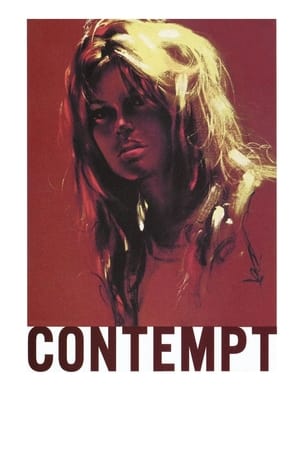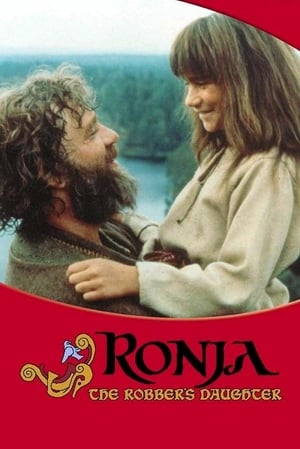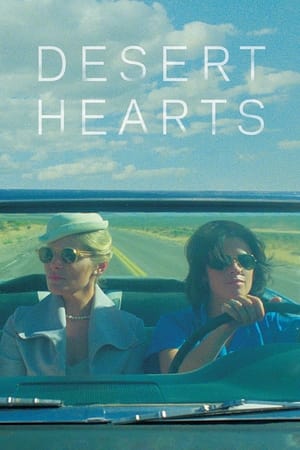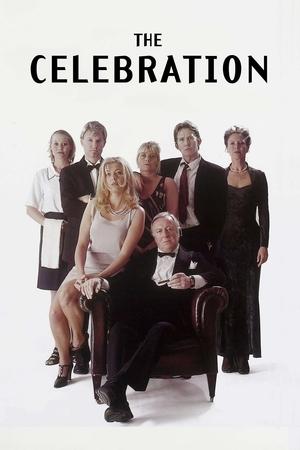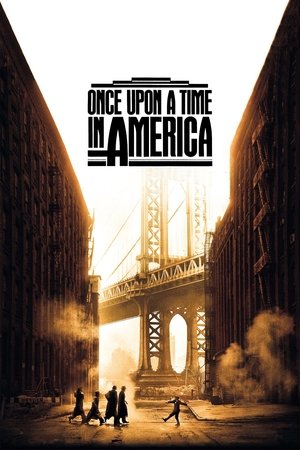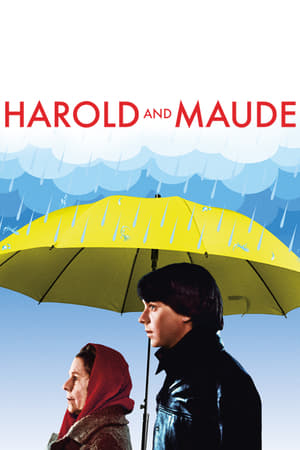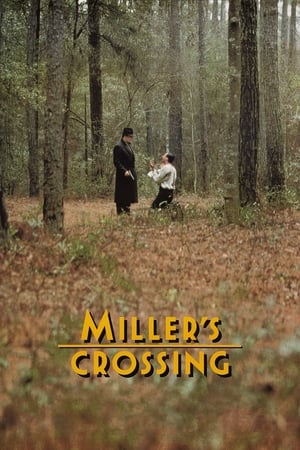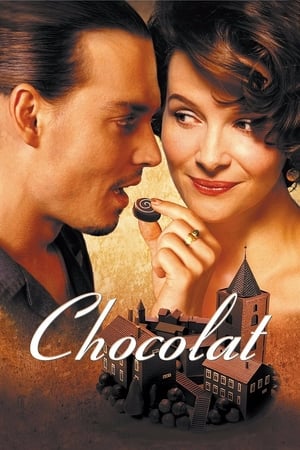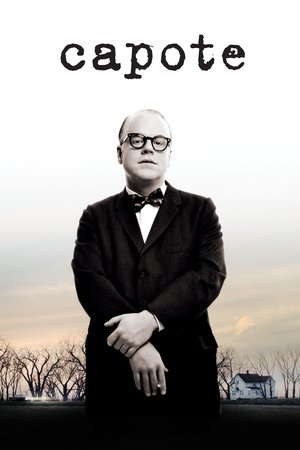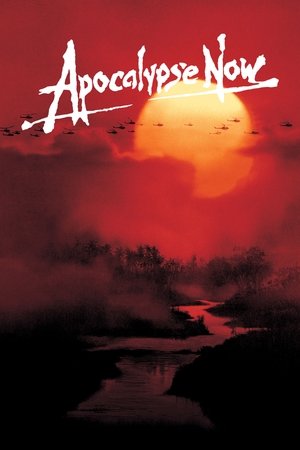Overview
Returning to their lord's castle, samurai warriors Washizu and Miki are waylaid by a spirit who predicts their futures. When the first part of the spirit's prophecy comes true, Washizu's scheming wife, Asaji, presses him to speed up the rest of the spirit's prophecy by murdering his lord and usurping his place. Director Akira Kurosawa's resetting of William Shakespeare's "Macbeth" in feudal Japan is one of his most acclaimed films.
Reviews
One of a number of films that Akira Kurosawa made in the 1950s and which have become classics, Throne of Blood is the director's adaptation of Shakespeare's Macbeth, set in feudal Japan but showing that lust for power is a perennial feature of human society. Washizu (the Macbeth character, Toshiro Mifune) is a soldier serving the lord of Spiders-Web Castle. While riding through a forest with his comrade and childhood friend Miki (the Banquo character, Minoru Chiaki), they come upon a forest spirit that foretells an elevation in rank for the two, and eventually Washizu's reign over Spiders-Web Castle. While Washizu denies that he has any desire to seize the throne, the forest spirit could see into his heart, as can his wife Asaji (the Lady Macbeth character, Isuzu Yamada) who spurs him on to murder any potential rivals. Thus Mifune moves inextricably towards his own elevation, but also his own fall.
Although the film is an adaptation of Shakespeare, the way the actors move before the camera owes much to the Japanese theatre called Noh. So much of the film is carried by the powerful facial expressions of the main actors: the over-the-top snarls and gasps of Mifune; the sad mien of Chiaki, as if his character is already aware of his fate; and the chilling calm of Yamada, a coldblooded killer even if she doesn’t personally murder anyone but has others do it. Kurosawa's set design is elaborate, one really feels back in Edo Japan. Furthermore, by shooting the film in a bleak part of Japan with abundant fog, the landscape powerfully mirrors the predicament in which the characters find themselves.
This is one of those films that any Westerners with a solid liberal arts education (by which I mean at least some general knowledge of Macbeth) should see and will probably enjoy. Because it is based on a universal theme that just happened to be so well packaged by Shakespeare, the plot is straightforward and engaging in spite of the exotic setting. But because viewers can so easily follow that plot, the feudal Japan dressing with its distinct mores will prove a fascinating touch, and Kurosawa has depicted this world in rich detail. I don't know if postwar scarcity was still a thing in 1956 when Kurosawa shot Throne of Blood, but it seems like no expense was spared here.
I think that this is a superb tragi-adventure story that stands out well amongst the numerous loose adaptations of Shakespeare that have been made over the years. Kurosawa takes the Scottish play and gives it the "Noh" treatment that delivers an enigmatic and tautly directed rendition of a story of betrayal, power and insanity. Toshirô Mifune is magnificent as "Washizu" who after getting lost with his colleague (Minoru Chiaki) in the doleful "Spider's Web" forest is given a cryptic prophecy that one day he too is destined to rule the great "Spider's Web castle"... Initially reluctant to embark on this path, he soon becomes blinded by this ambition on the misguided advice of his wife (Isuzu Yamada) and so he sets out on a despotic path than can only end in disaster for everyone. The cast work the story well, ably aided by the eeriness of the sets and a sharp pace. It works far better, in my opinion, in monochrome - no colourful distractions from the moody cinematography of the forest nor of the castle architecture and the mobilisation of grand armies - especially in the scenes set in winter; and the general grittiness of the scenarios are easily akin to those of 11th Century Scotland. Once the delirium of the final scenes is upon us, the performances become plausible and in the end , I almost felt sorry for "Washizu". Great stuff.

 108 min
108 min
 7.9
7.9
 1957
1957
 Japan
Japan
 CRCulver wrote:
CRCulver wrote: